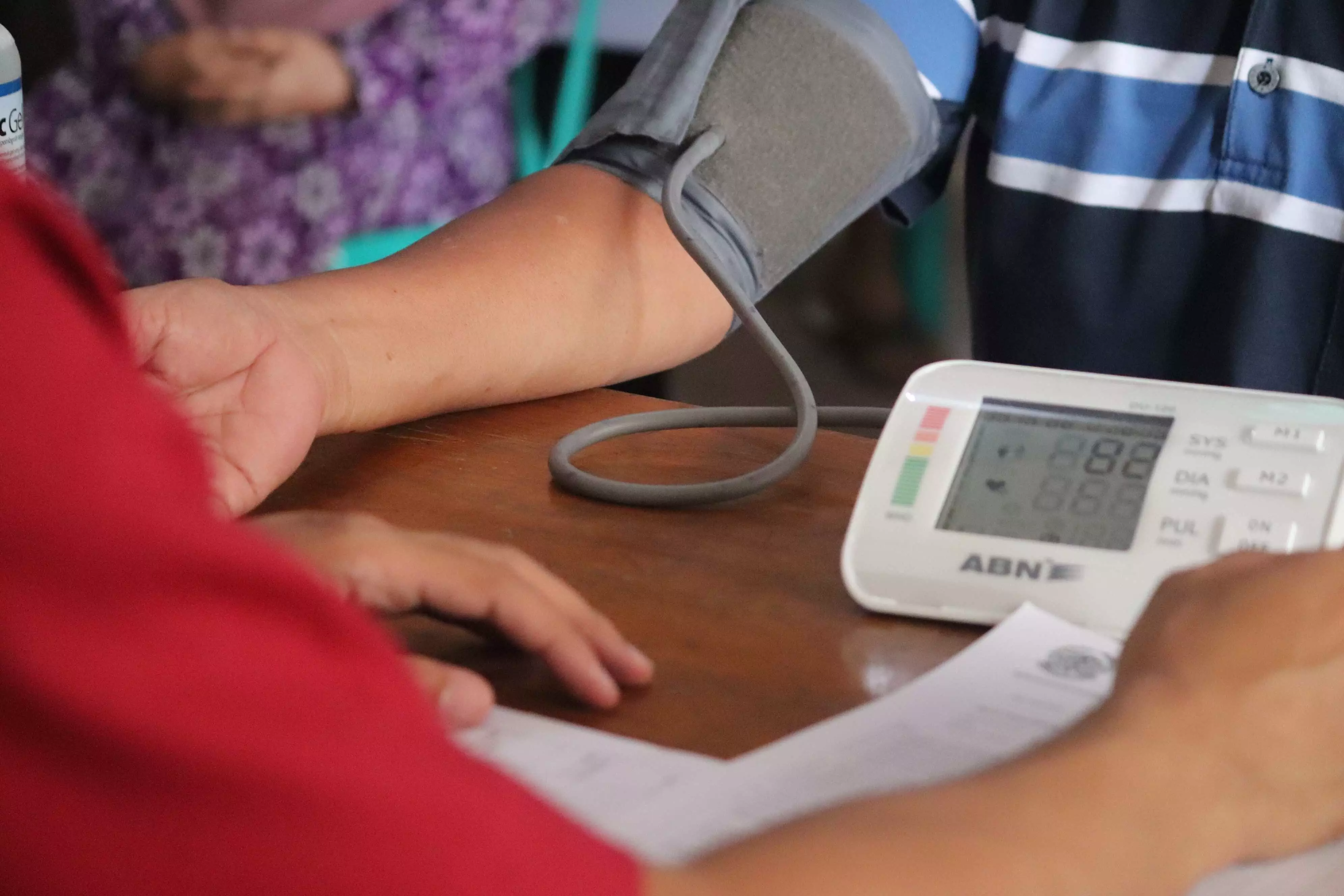Preventable scourge

Released during the 78th Session of the United Nations General Assembly, the World Health Organisation's (WHO) first-ever report on the global impact of high blood pressure delivers a sobering message — approximately 4 out of every 5 people with hypertension are not adequately treated. However, there is a glimmer of hope. If countries can scale up coverage, an estimated 76 million deaths could be averted between 2023 and 2050. In India alone, at least 4.6 million deaths can be prevented by 2040 if half its hypertensive population controls its blood pressure. It is utterly perplexing to note that easily preventable deaths are allowed to occur out of sheer ignorance. Despite improvements in healthcare and health infrastructure, the scourge of untreated hypertension is on the rise. The number of people living with hypertension doubled between 1990 and 2019, from 650 million to 1.3 billion. The report states that in India, 188.3 million people, or a staggering 31 per cent of the entire population, are living with the condition. Hypertension, commonly known as high blood pressure, is a medical condition characterised by elevated blood pressure in the arteries. Hypertension is diagnosed when a person consistently has blood pressure readings at or above 140/90 mm Hg. There is a misplaced perception among socio-economically backward societies that hypertension is a high-class disease not affecting them. However, the WHO report dispels this notion, revealing that more than three-quarters of adults with hypertension live in low- and middle-income countries. Ironically, the level of diagnosis and treatment is abysmally low in these countries, leading to a high number of fatalities. The risk of hypertension increases with age, which is an uncontrollable factor, but a host of other "modifiable" factors, including eating a high-salt diet, not being physically active, and drinking too much alcohol, can be curbed. Reportedly, in India, tobacco use triggers 28 per cent of the cases while physical inactivity leads to 34 per cent of the cases. There have been efforts to combat the pestering problem of hypertension, but given the widespread prevalence of hypertension and resultant deaths in the country, much more needs to be done. The India Hypertension Control Initiative (IHCI) is a comprehensive programme launched by the Ministry of Health and Family Welfare, Government of India, to address the growing issue of hypertension in the country. The WHO report acknowledges that "by 2020, the IHCI had ensured that more than 70 per cent of healthcare facilities had one month's stock of the protocol medicines, and fewer than 10 per cent had experienced stock-outs." The WHO report emphasises the prevention, early detection, and effective management of hypertension as the most cost-effective interventions in healthcare. Firstly, maintenance of an appropriate lifestyle entailing physical activity, good sleeping habits, reduced exposure to air pollution, etc., can lead to the prevention of hypertension. Secondly, one must have regular check-ups to ensure early detection of hypertension if it exists. Furthermore, the report particularly focuses on five components for effective hypertension care — protocol, medication and equipment supply, patient-centred services, team-based care, and information systems. WHO Director-General, Tedros Adhanom Ghebreyesus, stated that "Hypertension can be controlled effectively with simple, low-cost medication regimens, and yet only about one in five people with hypertension have controlled it." This situation has to change for a healthier and safer future in the coming decades. In this day and age of medical advancements and increased access to healthcare, it is both astonishing and disheartening to learn that hypertension, a highly manageable condition, continues to claim millions of lives worldwide. The WHO report's revelations should serve as a wake-up call to governments, healthcare providers, and individuals alike. One of the key issues highlighted by the report is the need for greater awareness and education. Many people remain unaware of the risks associated with hypertension, and as a result, they don't take proactive steps to manage their blood pressure. Public health campaigns and educational programmes must be intensified to reach every corner of society. People need to understand that hypertension is not a disease reserved for the elite; it affects people of all backgrounds, and its consequences can be devastating. The report's emphasis on the prevalence of hypertension in low- and middle-income countries underscores the urgent need for targeted interventions in these regions. It is in these countries where the burden of untreated hypertension is most severe, leading to preventable deaths. Governments and international organisations must invest in healthcare infrastructure and ensure the availability of affordable medications and diagnostic tools to address this growing crisis. To sum up, the WHO's first-ever report on the global impact of high blood pressure serves as a stark reminder of the urgency of addressing this silent killer. With the potential to avert millions of deaths in the coming decades, there is no room for complacency. It is a moral imperative for governments, healthcare systems, and individuals to take immediate action.



